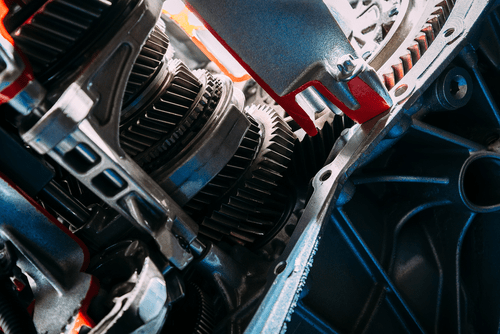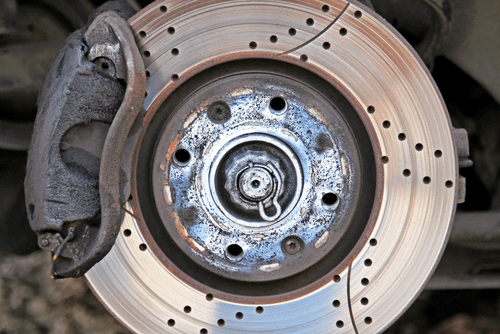
What my car tells me - learning to understand the sounds of driving!
Content
Hearing something whistle, squeak or rattle in the car, you should literally prick up your ears. A trained ear could prevent dangerous situations, costly repairs or car breakdowns. In this article, you will read how to identify the most common driving sounds.
Systematic narrowing

In a moving car there is movement in every nook and cranny . The engine is running, the gears are shifting, the wheels are rolling down the road, the suspension is bouncing, the exhaust is swinging on the bottom, blowing off the exhaust gases. Systematic action is required to identify these specific driving sounds. If possible, disable as many systems as possible to track down the cause of the noise like a detective.

Therefore, the most important condition of your search is unhindered driving . Ideally, find a place where other road users are not expected. In any case, it should be an asphalt road. Off-road bumps and bumps can make it unnecessarily difficult to find. In addition, the car does not hold speed enough when driving over potholes.

If the noise occurs while driving, press the clutch to disengage it. If the noise persists, the clutch and gear can be excluded from the search. Now accelerate again and, if it is a long straight road free of other vehicles, turn off the engine while driving.
Press the clutch and turn it off. The car is now rolling on its own momentum. If a driving sounds are still heard, you can narrow your search down to suspension.

If the noise disappears, apply the brake with the engine off. Note: you may need to apply extra force as the brake assist system does not receive any pressure when the engine is off. In cars with power steering, the steering will also be significantly harder without the engine. The brakes may make grinding noises or a constant squeak while driving.
Stop the car. Let the engine idle and turn it on loudly a few times. If an unusual noise is heard when the engine is idling, the problem can be traced to the engine, drive, water pump, or alternator.
Performing this procedure allows you to get even closer to the cause of the noise.
What can cause noise while driving?
A list with the most common noises, their causes and effects is given below to help identify driving sounds correctly.

Tip: find an experienced passenger!

The problem with most operating noises in a car is that they come on gradually. It makes you get used to suspicious driving sounds. So it's always a good idea to have someone join you on your trip and ask them if they notice anything special. This avoids operational blindness and costly damage due to incremental defects.
Especially older cars become "talkative" and tell you very reliably which parts need to be replaced. This allows the "old treasure" to remain movable once you've learned to pay attention to warning sounds.
